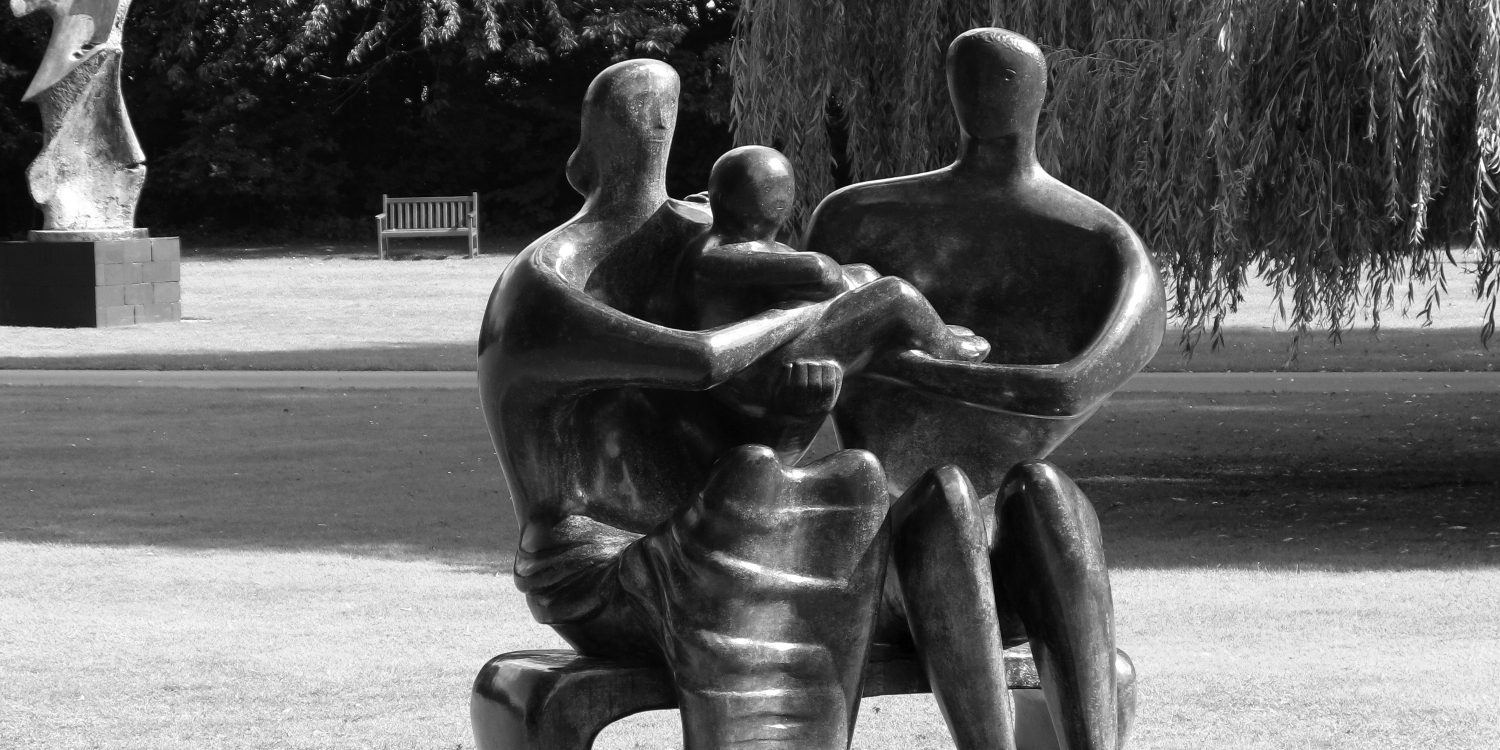Troubling times
On the steps of Downing Street, Theresa May promised to speak for "the ordinary working-class family" struggling to make ends meet. Historically, when politicians have spoken of ‘ordinary’ working-class families, however, they have done so with reference to the other...
On the steps of Downing Street, Theresa May promised to speak for “the ordinary working-class family” struggling to make ends meet. Historically, when politicians have spoken of ‘ordinary’ working-class families, however, they have done so with reference to the other kind of working-class family: one that is deviant, or troubled. May must resist the temptation. The new prime minister has an opportunity to adopt policies that support families and tackle poverty, whilst moving away from David Cameron’s ill-fated agenda for ‘troubled families’.
After the 2011 riots David Cameron said: “Either there was no one at home, they didn’t much care or they’d lost control… So if we want to have any hope of mending our broken society, family and parenting is where we’ve got to start.” This stigmatising, sweeping, and frankly offensive statement by Cameron resulted in a £1.4bn pound programme to ‘turn around’ Britain’s 120,000 most ‘troubled’ families.
In 2015, Cameron announced that the first phase of the scheme had saved the tax payer £1.2bn and turned around the lives of 99 per cent of the families involved. This seemed unlikely in the context of social welfare cuts. In August 2016 leaked independent analysis confirmed the programme had “no discernible impact” on its key objectives of reducing unemployment, truancy and criminality. Today, the National Institute of Economic and Social Research have published a report confirming there is no consistent, measurable evidence that the scheme improved the lives of families was set up to help.
Rather than improving lives, the troubled families programme was a kneejerk policy based on poorly informed, judgemental and historically entrenched attitudes to family. Its inspiration came from the ideas of people like Eric Pickles, who was secretary of state for communities and local government secretary in 2012 when he said: “We have sometimes run away from categorising, stigmatising, laying blame. We need a less understanding approach”.
Historian John Welshman has charted the various guises of the troubled family: from Charles Booth’s identifcation of a ‘social residuum’ in 1880s London to the ‘social problem group’ of the 1920s and 1930s. And from the post-war ‘problem family’ to the ‘the cycle of deprivation’ described by Sir Keith Joseph in 1972 but still influential at the time of New Labour’s Sure Start initiative. If Cameron had been aware of this history, he might have been more wary about ascribing the root of social problems to the dynamics of family life.
In terms of government policy, the notion – and indeed the label – of the troubled family is most closely aligned to the 1950s idea of the ‘problem’ family. At a time when the government was trying to better understand and measure its population, Family Service Units were established to identify problem families. The troubled families programme emerged from this tradition: local authorities were tasked with identifying troubled families and compiling lists, so that the impact of policy interventions could be quantified. However, as we now know, the success of the programme was subjective and open to manipulation. More worryingly, as philosopher Ian Hacking has argued, labelling people, changes them. Being classified as troubled is sure to do more harm than good.
The notion of a troubled or problem family implies that there is such a thing as an ‘ordinary’ or ‘normal’ family. Historian Pat Thane has said: “The 1930s to 1950s was . . . the only age, of the near universal, stable, long-lasting marriage, often considered the normality from which we have since departed.” Perceived threats to ‘normal’ family life are often part of broader moral panics, whether concern over rising divorces rates in the 1970s or the fear that civilised society as we knew it was on the verge of collapse in the immediate aftermath of the 2011 riots. It is no coincidence that these moral panics, and the subsequent moralising of family life, tend to occur during times of recession and widening gaps between rich and poor.
Back in 2011, Welshman offered Cameron some policy recommendations which are worth restating now, before May heads down the same all-too well-trodden path. Before labelling families, the government should consider if the labels are valid and reliable, especially as relatively little is known about the nature of families and so-called cycles of deprivation. Politicians should focus on tackling the systemic causes of poverty and concentrate on evaluating specific policies rather than on counting, and calculating the cost to the state of, certain families.
Cameron instead adopted a behavioural view of poverty, based on the notion of moral or psychological weakness, which whilst compassionate was also condemning. His government was unable, or unwilling, to address poverty as a broad structural phenomenon affecting ‘ordinary’ families ‘doing the right thing’. Child poverty rose by 200,000 between April 2014 and April 2015 due to welfare cuts and is projected to rise a lot more by 2020.
The government honed in on a few hundred thousand families considered prone to ‘deviance’, whilst cutting support to the millions of families affected by poverty. To raise living standards and life chances we need to extend benefits, childcare support and policies such as the pupil premium which are unifying, morally neutral and support all of Britain’s families.
Image: Zoe Rimmer

